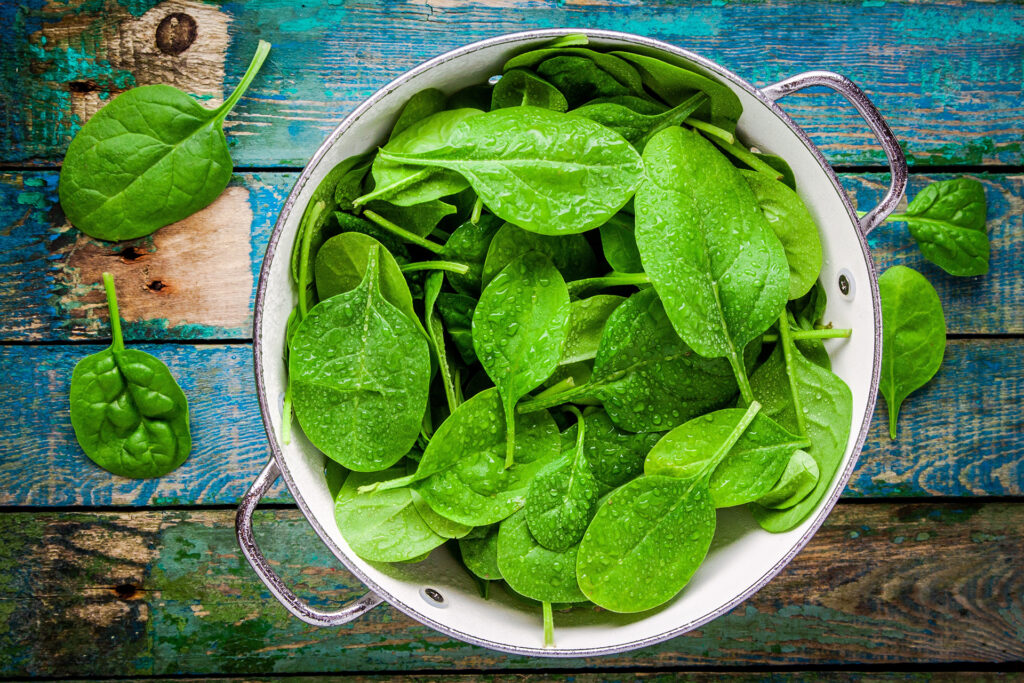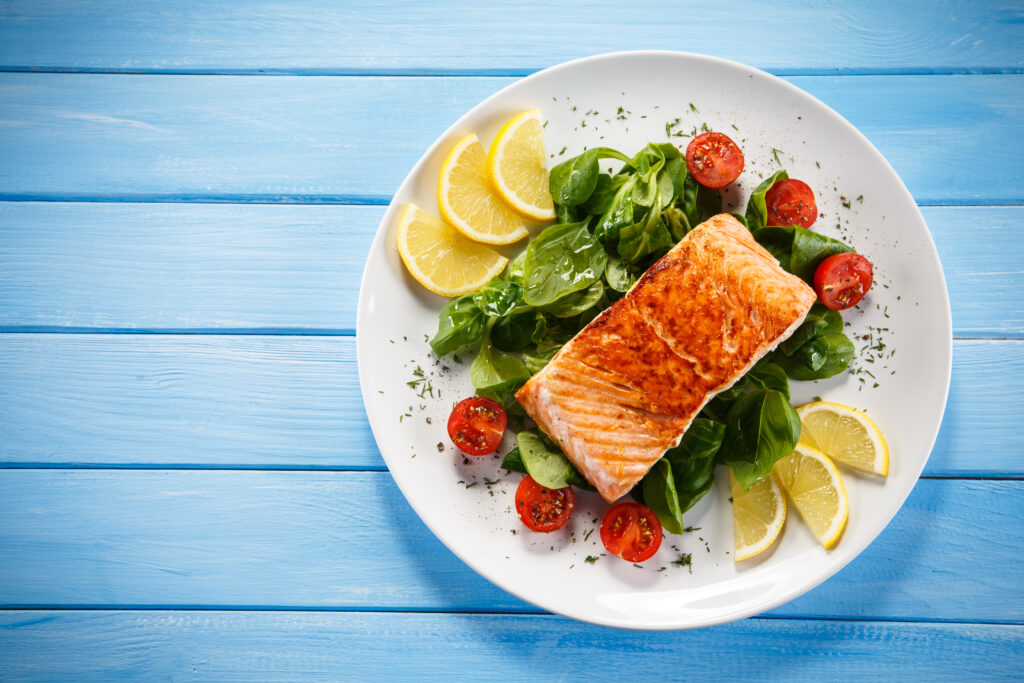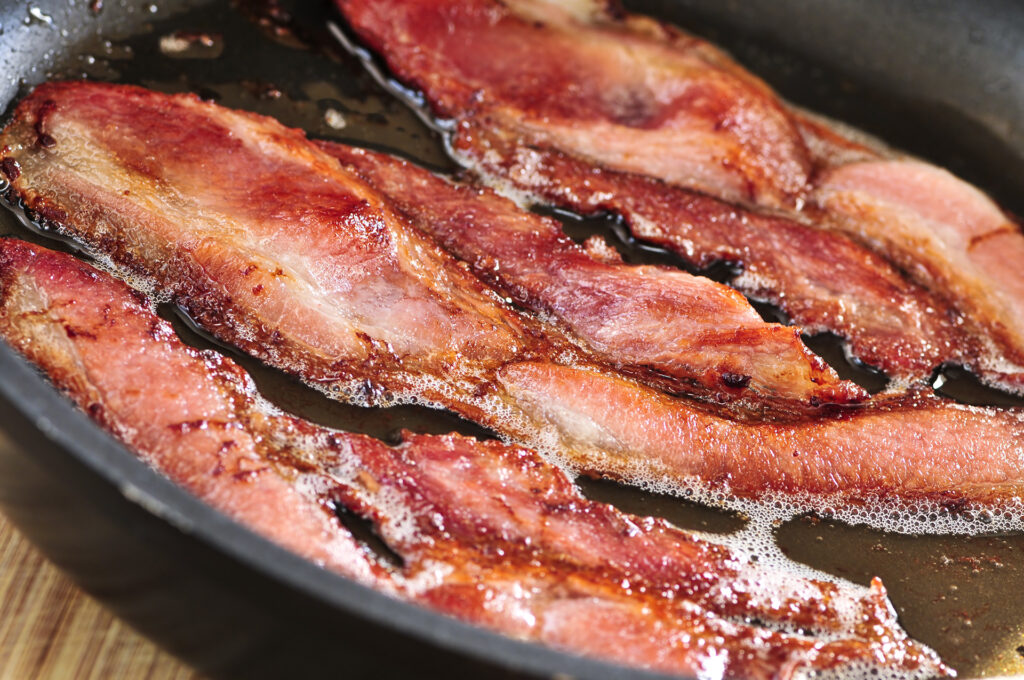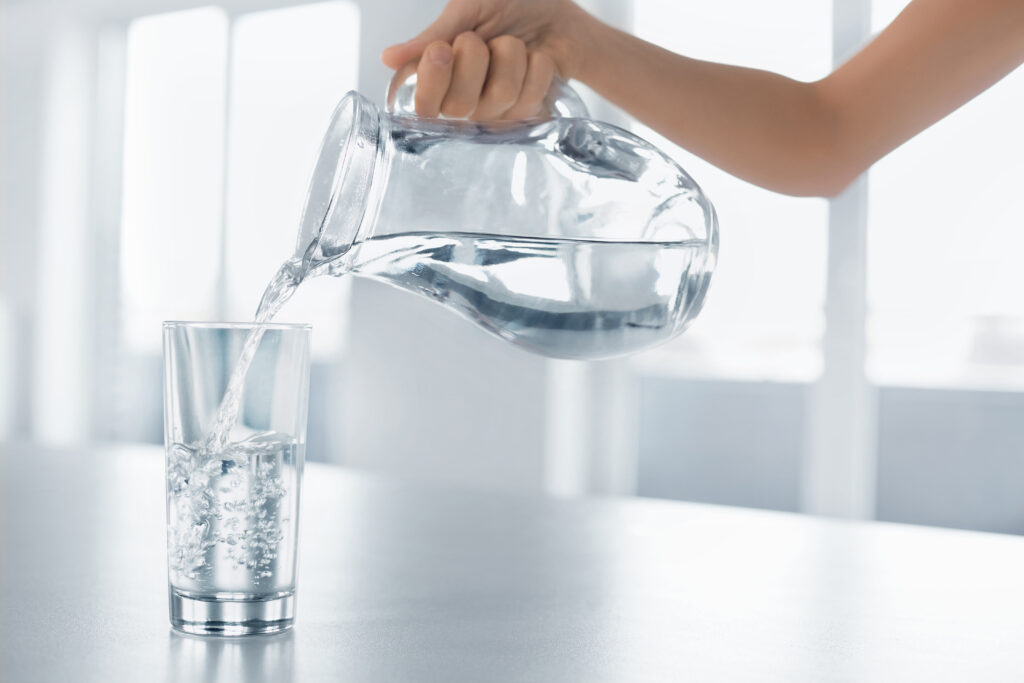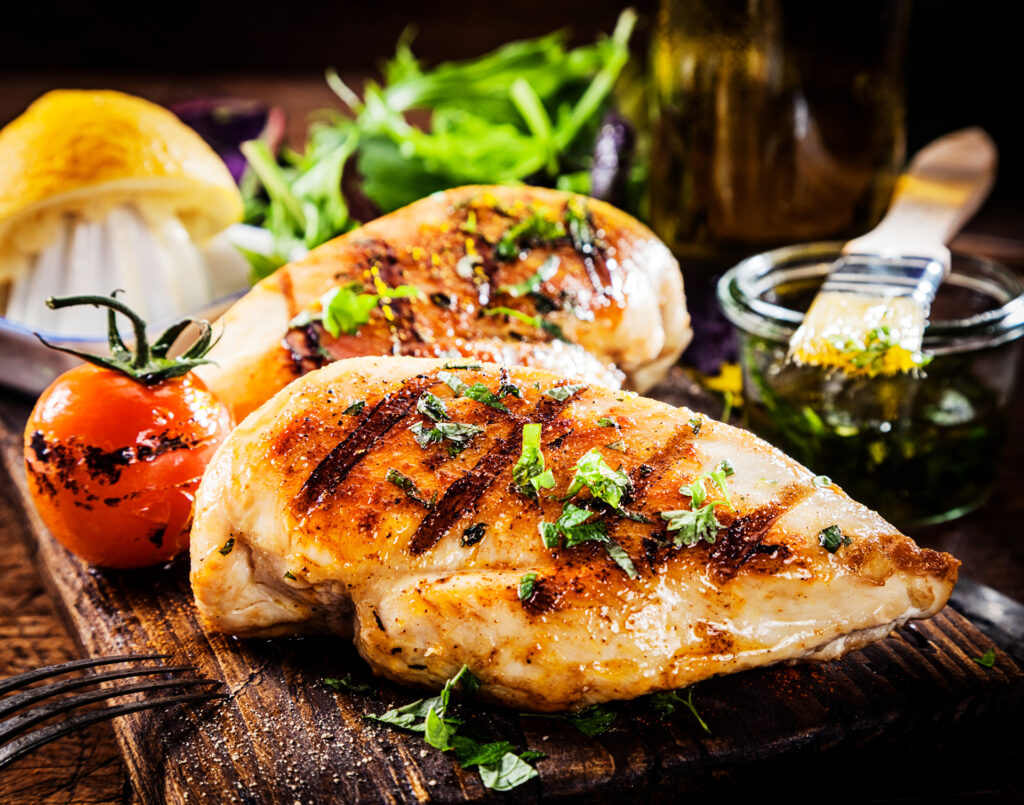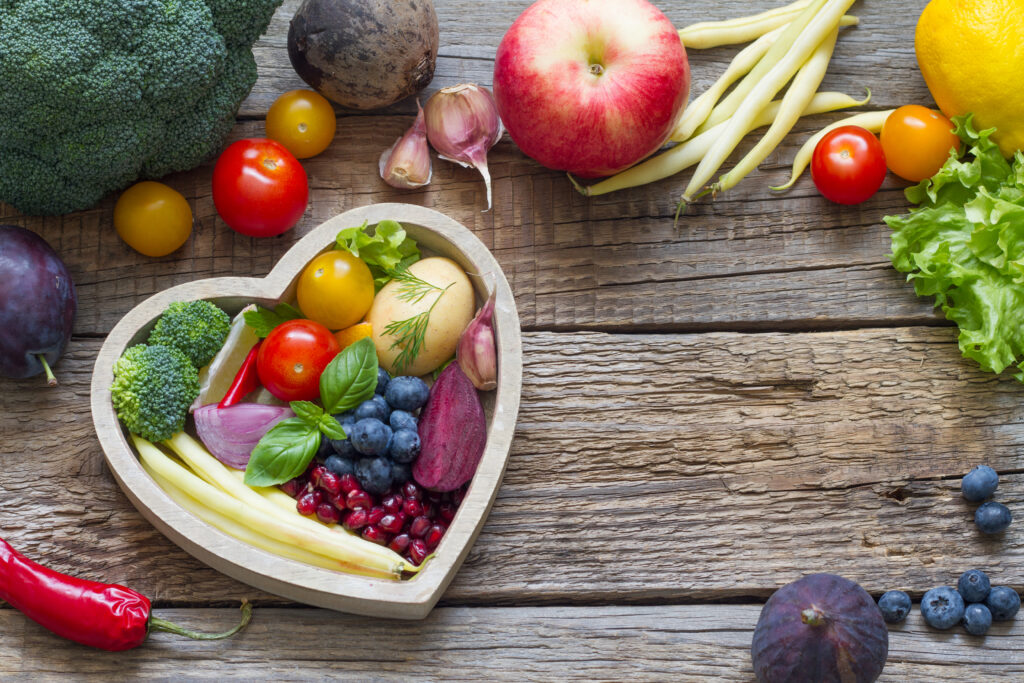What Should You Eat To Avoid Aches And Pains?
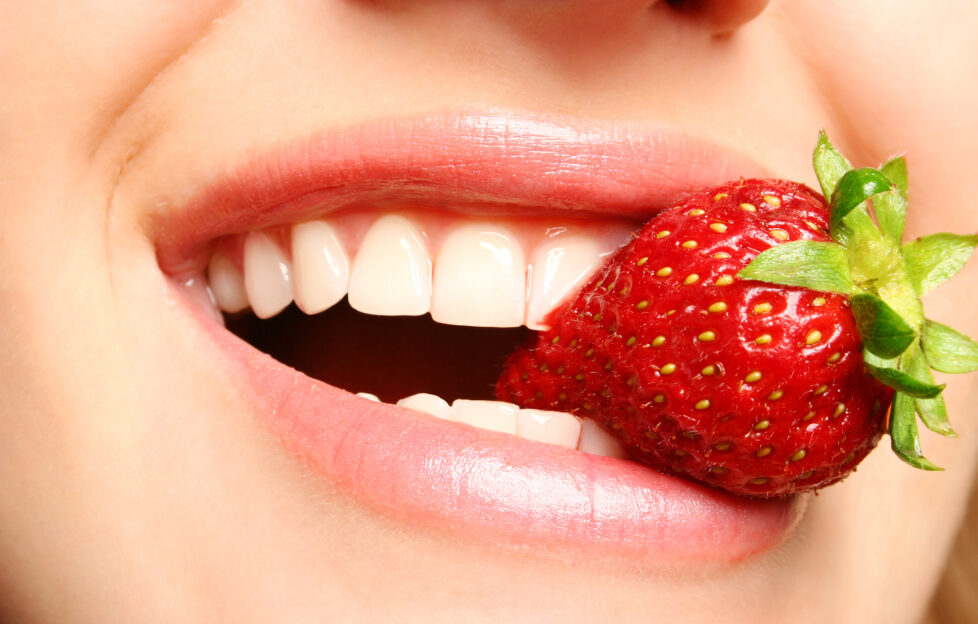
Did you know that diet can impact everything from hormones, to inflammation, to our neural pathways? So, the old adage ‘you are what you eat,’ has never been more apt. If you want to feel your best, it comes as no surprise that eating a healthy, balanced diet is crucial, but exactly what happens to your posture when your diet takes a back seat?
To find out, leading furniture manufacturer and retailer, HSL and their Independent Occupational Therapist, Julie Jennings uncover the impact of poor diet and how some foods can be the surprising cause of bodily aches and pains.
Julie Jennings commented: “Correct and healthy food choices are important for everyone, but especially for those who suffer with joint pain. Inflammation is part of the body’s natural protective process and while some foods can help aid inflammation in the joints and muscles, some can have the opposite effect.
“Eating too much or eating the wrong things can quickly fire up your inflammatory responses and contribute to muscle, joint, and even nerve pain. If you find that you are experiencing aches and pains, making some of these simple changes may make the biggest difference in reducing or even eliminating them.”
1 When it comes to aches and pains, you are what you eat
Julie comments: “The foods you eat will determine how well your body fights painful inflammation, so to keep aches and pains at bay, ensure that you eat high-quality foods that contain lots of vitamins, minerals, and antioxidants. Super foods such as blueberries, strawberries, kale, and spinach are great options for anyone looking to increase the antioxidants intake.”
2 Colourful diets are key
Julie comments: “Ensuring that you incorporate foods into your diet that boast anti-inflammatory properties will assist in preventing the side effects of unwanted aches and pains. The great thing about maintaining a colourful diet is that these particular foods are not only ample in health benefits but are equally tasty! Examples of good foods to opt for include salmon, ginger, turmeric, and avocados. The food you eat should be it’s natural colour, avoid foods that are high in colourants as these will contain harmful chemicals that will cause problems with your body’s natural defence mechanism.”
3 Limit the late-night trips to the fridge!
Julie comments: “Avoid eating heavy, rich foods two hours before bed as the digestive process will produce acids that prevent the body’s natural sleep cycles from kick-starting, which can leave you feeling tired and groggy. The lack of sleep can result in inflammation in the body, which in turn can cause muscle fatigue, particularly in the neck, arms, and legs. If you’re already suffering from aches and pains and you’re not getting adequate sleep, the body won’t have enough time to repair and recuperate, leaving you with more frequent twinges.”
4 Don’t overindulge in the good stuff!
Julie comments: “Whether you’re looking to prevent future aches and pains or pre-existing ones, you should consider avoiding foods that cause inflammation such as white bread, fried foods, refined sugar, and fizzy drinks to steer clear of aches and pains.”
5 Enjoy alcohol in moderation
Julie comments: “Whilst you may think a ‘nightcap’ helps you to relax and fall asleep, alcohol actually interferes with the body’s natural cardiac rhythms and can cause inflammation in the joints, so a hangover the next day might not be the only thing you’re waking up to! After an evening sinking your favourite tipple, you may wake up with a stiff neck or even sore legs.”
6 Water is always a winner
Julie comments: “When you are dehydrated, your body will not function as well as it should, so, it’s crucial to keep hydrated. As such, if you are experiencing aches and pains, it’s important to up your daily intake of water as staying hydrated can help reduce pain and protect your joints and muscles. Dehydration can drain fluid out of your tissues, which will contribute to bodily aches and pains.”
7 Prioritise the protein
Julie comments: “Ensure your diet includes plenty of nuts, eggs, lean meats and fish, as these foods are high in protein and contain amino acids that are essential for our overall health. Protein is a great food source that will not only keep you fuller for longer but can help ease muscle soreness and help repair muscles, especially after exercise.”
Julie concludes: “If you are experiencing more aches and pains than usual, your diet could be to blame. I suggest removing suspect foods from your diet and seeing if this alleviates any aches and pains, and always consult your GP to ensure there are no underlying health conditions at play.
With summer on the way, it is a great time of the year to try out new foods and incorporate more fresh fruits and vegetables into your diet. Alongside adopting a balanced diet, remember to keep your body moving to alleviate any aches and pains. Take advantage of the warmer weather and lighter evenings to ensure you are incorporating exercise into your daily routine; movement improves overall physical health and will promote better posture, which, in turn, will assist in reducing aches and pains.
To ensure that they help promote good posture, each HSL sofa, chair and bed is carefully crafted using CleverComfort™ technology, which has been developed through expert research into the ways in which people sit, sleep, stand and move, to provide expert neck, back, and hip support.
For further information on HSL . . .

